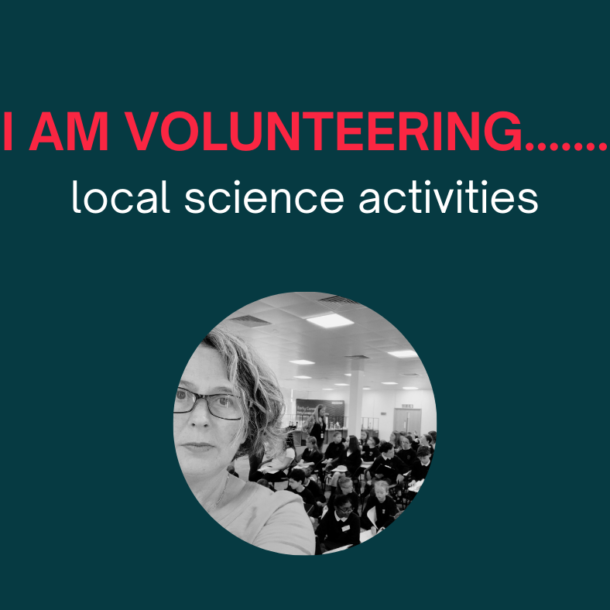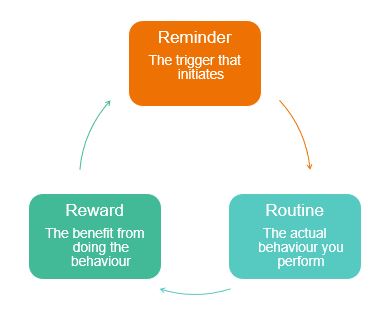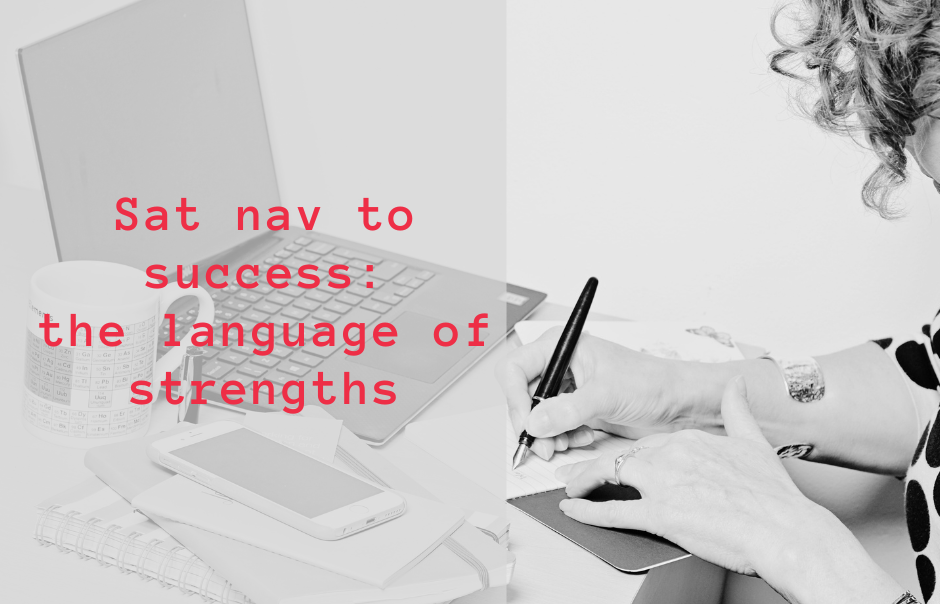
Are you a person of habit? Or the maverick in the classroom?
Are you a person who finds comfort in systems and routine? Travelling to work the same way at the same time? Or are you the maverick that upsets the cart, choosing a different desk each week for your evening class? While working in Hemel Hempstead and then later, Swindon, I relished choosing my route around the magic roundabouts each day. And at my photographer evening class. You guessed it. I chose a different seat each week and made the most of getting to know my fellow budding photographers.
Accommodating different ways
Knowing that I hate routine and love variety keeps me on my toes with coaching clients and as a workshop facilitator. I wondered how these different approaches to life affected personal development. So, over the last few weeks I have been chatting about habits and how we can accommodate our different approaches when we are in the same space and want and need to get along.
If you are like me, then you are likely to be the kind of person who has never kept a New Year Resolution or refuses even to discuss them. So how do you go about reaping the rewards from training programmes you participate in? As a strengths coach I try to help people shift their mindset. And see the possibilities in front of them. So, here are some of my reflections.
Making the most of a training course
Attending a workshop, training session or engaging a coach is the first step to realizing your potential through being aware of your strengths. For some people, forming a new habit is challenging. I have to say that I run from habits and doing the same thing more than twice. I love to mix things up. Vary the pace, take a different route. Invite different people along on the journey. But I have friends and colleagues who thrive on consistency. Going to the same place for lunch. Have a favourite restaurant. Or even love holidaying in the same place each and every year.
So for some, creating a new daily practice, yoga or journaling for example is easy. They decide what they will do, how and when. And bingo. They are off making progress. For some of us though we have to be truly creative in helping to build a new practice that can boost our wellbeing, career or skillset.
In fact, those who quite literally hate goals, find every reason to avoid setting them. Many, many books have been written on the topic. I do wonder if anyone reads these books, mostly bought at airports! And so this is how workshop participants can reinforce their learning about talents and strengths.
So what is a habit, and what helps it become a habit?
A habit is a routine of behavior that is repeated regularly and tends to occur subconsciously
Our ultimate aim of forming a habit is to create a subroutine in our daily schedule such that it becomes subconscious. This in itself means that the mere act of doing this act requires less brain activity in doing it.

Habit-forming practices
For those who live happily by their ‘to-do’ or action lists, adding a habit of journalling (try www.Penzu.com) with a strengths-based daily reflection, is perhaps just another simple do-able task to happily, and satisfyingly, be ticked off the day’s list. For the creative type, a graphic journal can be a thing of beauty, and in itself a just reward for forming the habit!
But if you, like me, have a wish list of things to do, you might find that your way forward is to find a partner and commit to co-self-development. Agree to meet monthly to start with and set each other tasks and targets. Your sense of commitment and responsibility will help you stick to the task. And so a productive habit can be formed.
One of the most useful frames for the non-habit-minded, is to read Atomic Habits by James Clear. Clear introduces the idea of habit stacking. And I have to say, as the “Maverick Martha” who rails against routine, this has been how I have learned the piano as an adult. It works when I am home working:
- Morning commute to home with a spot of litter picking
- Piano practice
- Grind some beans and make a coffee to share
- Get down to work
And then again at the end of the day, my meal prep gives me another 10 minutes to tinkle the ivories.
Nudge – a tip for the non-habit minded
Add the task that will form your habit to your digital calender a week before the meeting with your accountability partner and you might be surprised how a nudge with a link can be the right impetus to help you dig out your workbook, your notes, and start to review and reflect on progress and achievements. Do this a few times and slowly you will start to see that you are gradually building your talents and turning them into strengths. That you notice them, and can begin to apply them at will. And then they become another part of your arsenal. Your toolkit for problem-solving, building partnerships, and generally living a more fulfilling life.
So whether you choose your last workshop or training, or the one you are about to do, make sure you reap the reward of your investment of time and money and get the most from your participation. Not only that, but you will be more productive. Be a better parent/aunt/uncle/grandparent, as you notice young people’s talents and can give them space to be themselves.
Whether you are routine-focused or the class maverick, you too can create a positive shift and adapt your life to accommodate new ways of doing things. Good luck and do share any tips on the Katalytik .



